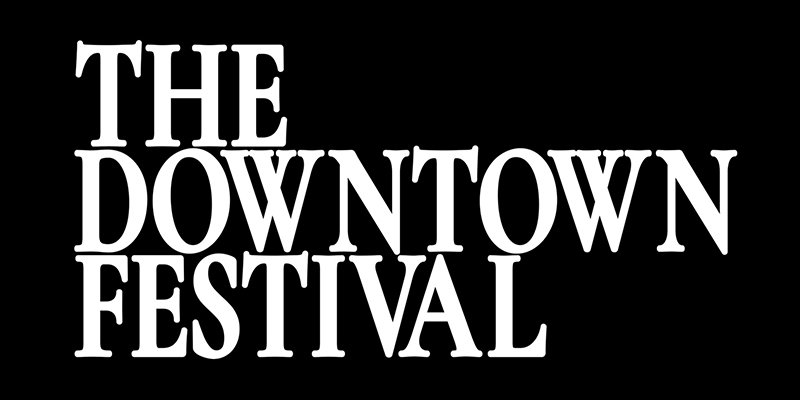Venice this year was a deep dive into gloomy takes on desire, art, and survival, with a kind of hopeless ferocity.
Venice was a deep dive into well-worn, decidedly gloomy takes on desire, art, and survival. Some of the most anticipated films dug into these themes with a kind of hopeless ferocity.
VENICE—Vaporetti ferrying crowds across the lagoon were packed to the brim, stifling any sense of breeze, and by the time you reached the theater, the collective scent of summer sweat had already set in. Yet, the cinema—a place with welcome air conditioning even to me who is usually against it—was a world apart, cool and dark, the stories on screen a refuge, even as many of them seemed hell-bent on finding things to be forlorn about: death, obsession, and the chaos of the human heart.
Luca Guadagnino’s Queer, an adaptation of William S. Burroughs’ novel, was an excepted highlight. Guadagnino, who I believe lost his way directly after Io sono amore, shows an enduring superiority of whim.
Halina Reijn’s erotic thriller Babygirl, starring Nicole Kidman as Romy, is another comptetent but uninspired story of a powerful woman, a tech CEO, unsatisfied in her sexual life with her husband, who begins an affair with a young intern, Samuel (Harris Dickinson). Kidman, who took home the Volpi Cup for Best Actress, portrays Romy. How would you describe a very adequate story that checks the necessary boxes, and delivers on relevant themes, but has no kick? It was solid, but forgettable, leaving the viewer with little to linger on after the credits roll.
Art, once a refuge, has ceased to move her, and in a powerful scene with Julianne Moore’s Ingrid, an old friend who’s come to be by her side, Martha admits that the beauty of music, books, and paintings no longer holds meaning for her. Here, I found the catharsis of cinema to be turned inside out, a poverty-striken form celebrated. The film belongs, for me, to a whole repertoire of European films which are beautifully shot and thoroughly sad, with no tangible offering of hope or inspiration.
Pablo Larraín’s Maria, the final entry in his trilogy of biographical studies following Jackie and Spencer, similarly approaches the fraught relationship between an artist and her legacy. Angelina Jolie is Maria Callas in the final days of her life, battling illness and the tragic loss of her once-iconic voice. The Festival seems to be echoing the overarching impoverishment of cinema.
The winner, Pedro Almodóvar’s dismal film The Room Next Door, stars Tilda Swinton as a war photographer, Martha, who is grappling with terminal cancer and questioning the worth of her life’s work.
By the time I reached my final screening, it finally started to rain, as it usually does at the festival, breaking some of the heat and creating choppy waves. Quote note: I did not even see Joker: Folie à Deux, as I am fully tired of the action hero film genre.
Even if some of the bigger films didn’t live up to the hype for me, Venice Film remains a great beacon of excitement for fresh talent and hidden gems, but it is no wonder that I spent most of my time with Venice Classics, looking at restored versions of older films (La notte, Jeux interdits, L’oro di Napoli, The Big Heat…). It’s in these quieter, unexpected moments that the festival truly shines, reminding us that cinema is ever-evolving, still ready to exist again, and always capable of inspiring and surprising.




When Pasolini Came to New York
Autumn Movie List
Dream Spaces, Blurred Face
Review: La Chimera